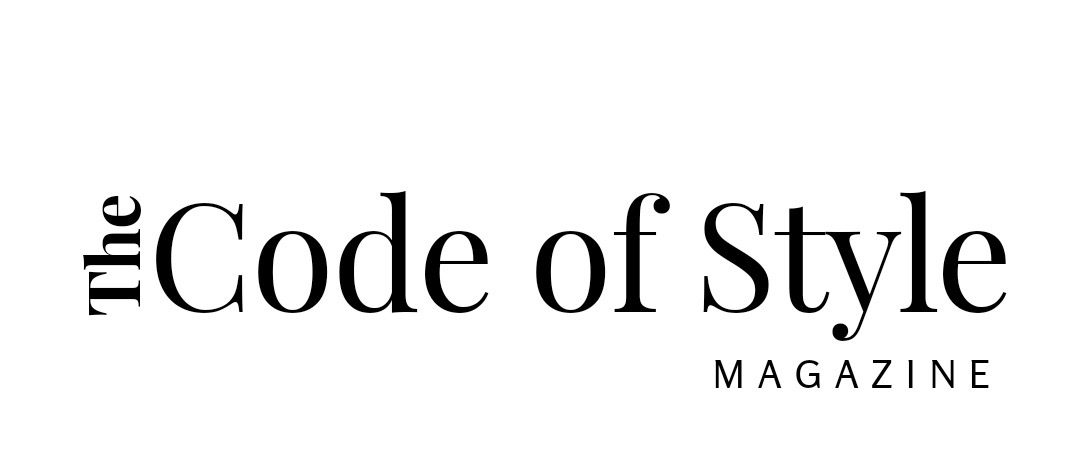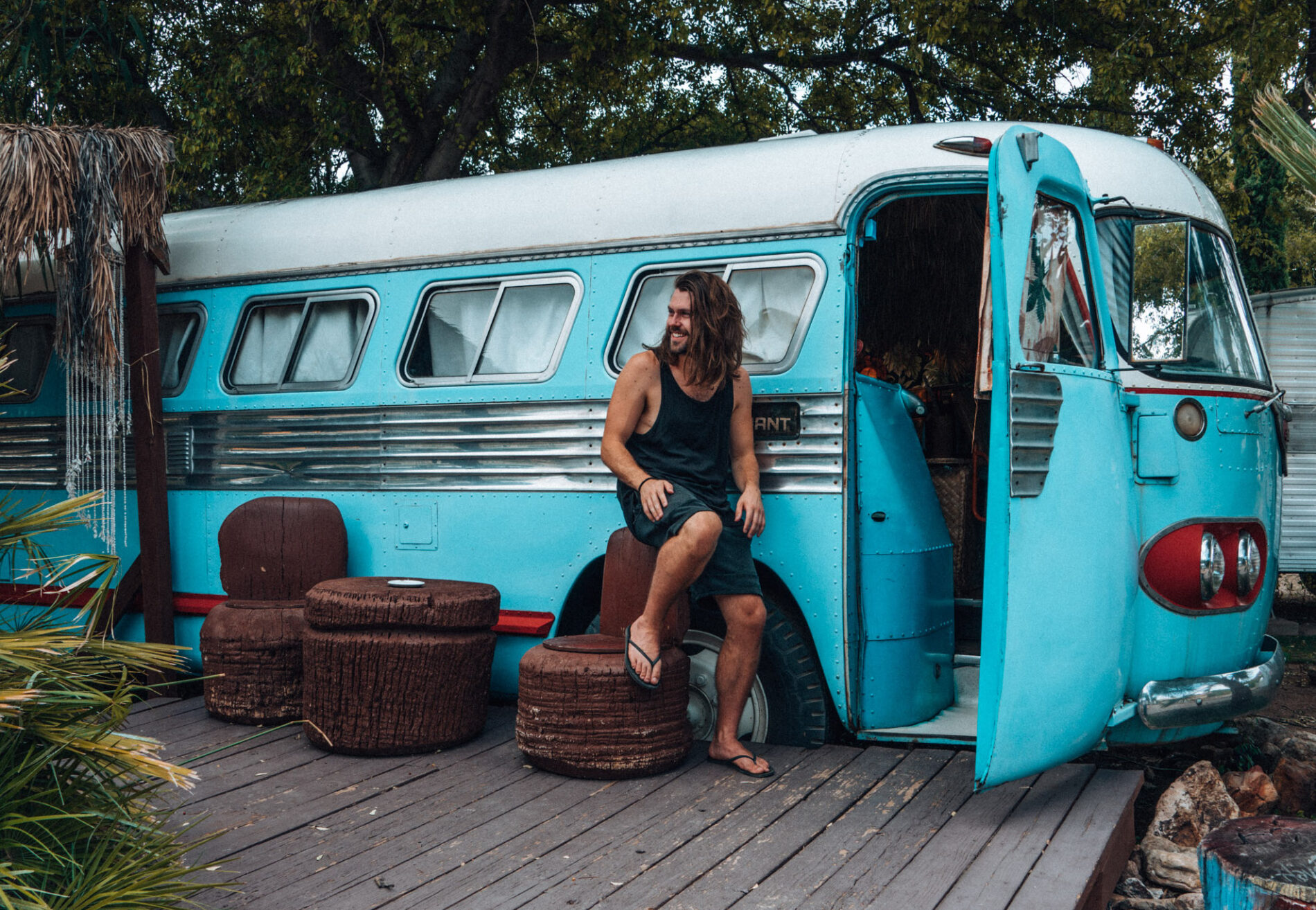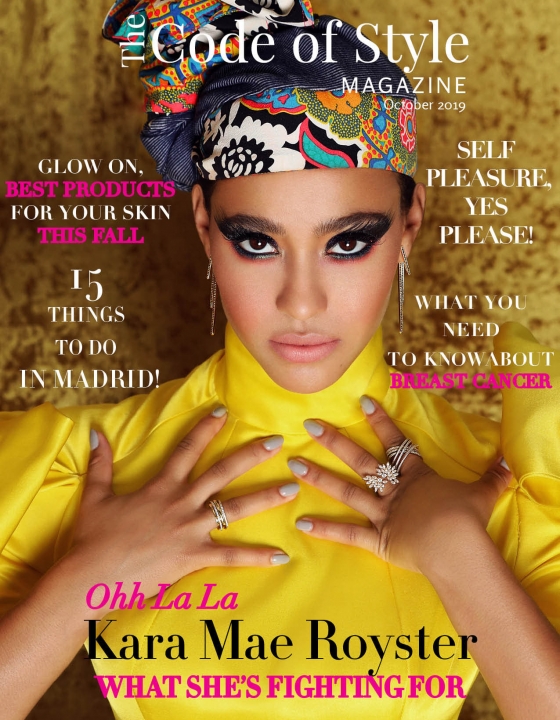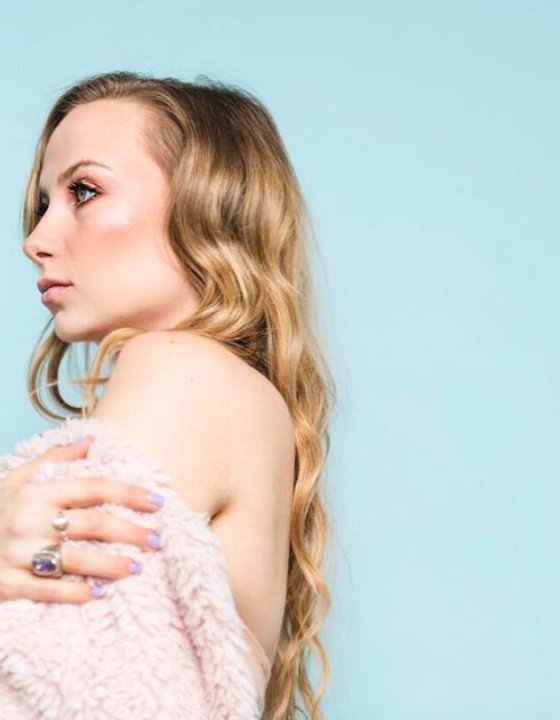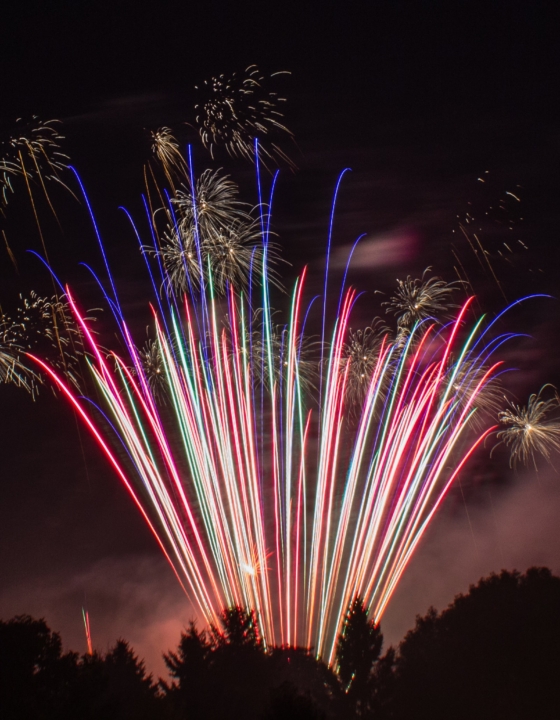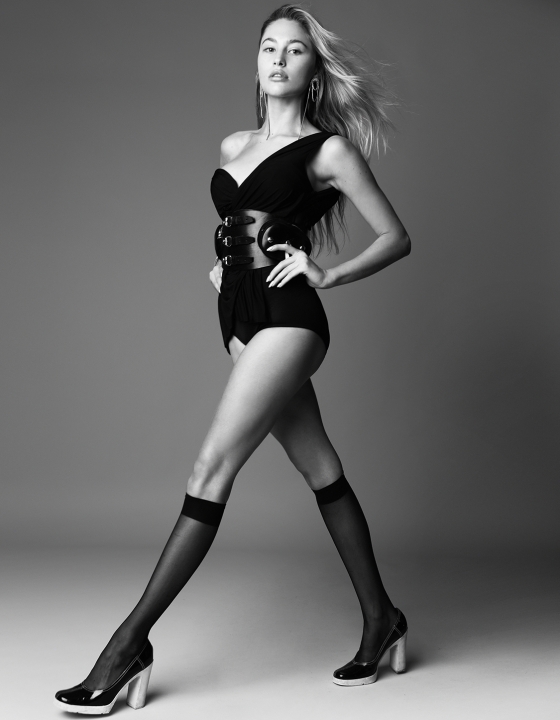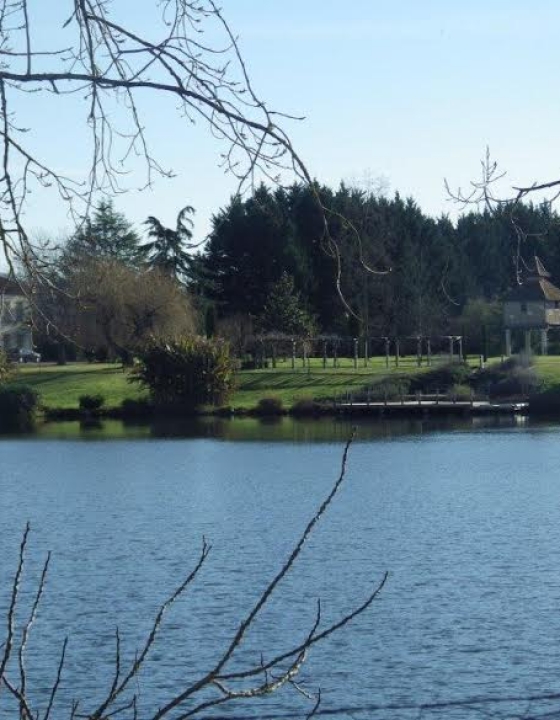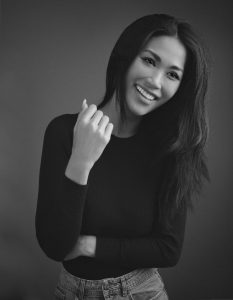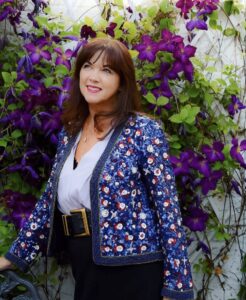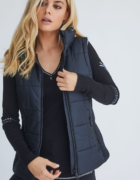We are honored today to share this exclusive interview with Sam Bentley, who alongside his partner, built “UNILAD” into a global content powerhouse garnering almost 3 billion video views per month, and ranking #1 in engagement across all social media networks globally.
UNILAD was acquired by competitor Ladbible in late 2018, setting Sam up for his next act, and he decided he wanted to use his vast social influence to save the world.
Sam decided he was going to save the world by travelling the world. He has traveled across the Atlantic, from England to the United States to bring his revelation on van-living and advocacy of local-business-shopping.
Leveraging lessons learned from his groundbreaking success with UNILAD, this Forbes 30 Under 30 winner’s mission for his brand is to build content around living a lifestyle that moderates everyone’s impact on the environment.
Rather than just a few of us going to extremes to save the environment, Bentley believes if we all make subtle changes to our lifestyle, we can all forge a global impact to save our planet for the positive.
Take a read and find out more about what Sam is fighting for and how you can help!
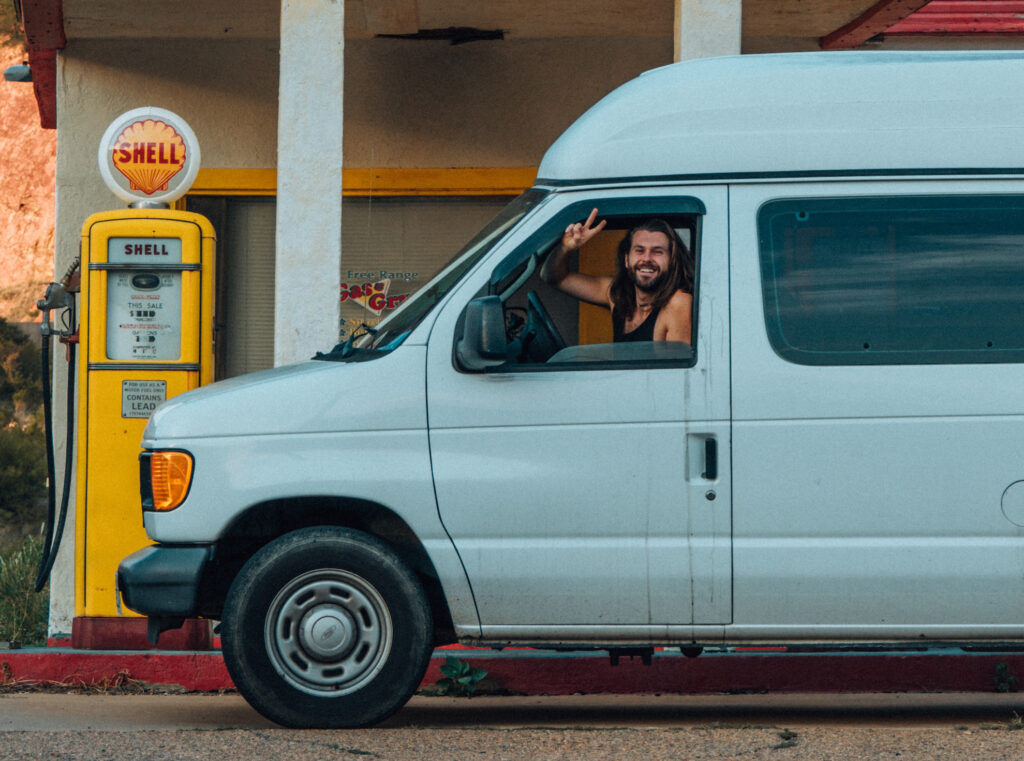
What first inspired you to get involved in environmental issues?
I have some family in Cambridge who work in sustainability who opened my eyes to environmental issues quite early on, but it wasn’t until I watched the 2016 documentary “Before The Flood” that it all sunk in.
After watching that documentary I stopped eating beef and started to become more conscious of everyday things I did that could negatively impact the planet.
What impact do you think that the Covid virus pandemic will have on travel in 2021 and beyond?
I think there will be a greater appreciation for what’s on our doorstep, and the things that don’t require us to hop on a plane and go and see.
I see a popularity increase in local travel which we’re already beginning to see now, and also people looking to escape into nature more to feel that sense of freedom that lockdown may have taken away.
Can you tell us a little more about what conscious travel is and why it is so important?
I think for the most part, people are good, and when we travel we don’t intend to do any harm. But unknowingly we can often contribute to the exploitation of local animals and local people in our pursuit of enjoying tourist activities.
Elephant riding is an example that has had a lot of awareness the past few years, where people who would describe themselves as animal lovers, partake in a ride on an elephant. Behind the scenes these elephants are beaten and their spirits are broken to make them ready for tourists to ride them.
Conscious travel is about considering what impact you’re having whilst you’re travelling. Are you staying in locally owned accommodation and contributing to the local economy or in a chain hotel? Are any animals suffering to enable you to have an experience? Do you understand the local cultures and are you respecting them? It’s about asking yourselves these questions as you navigate through a new space.
What is the difference between conscious travel and slow travel?
Slow travel is about staying in one place for an extended period of time and immersing yourself in the local culture. This can come in the form of getting to know local people who can give you insights into local customs, local events and local cuisine.
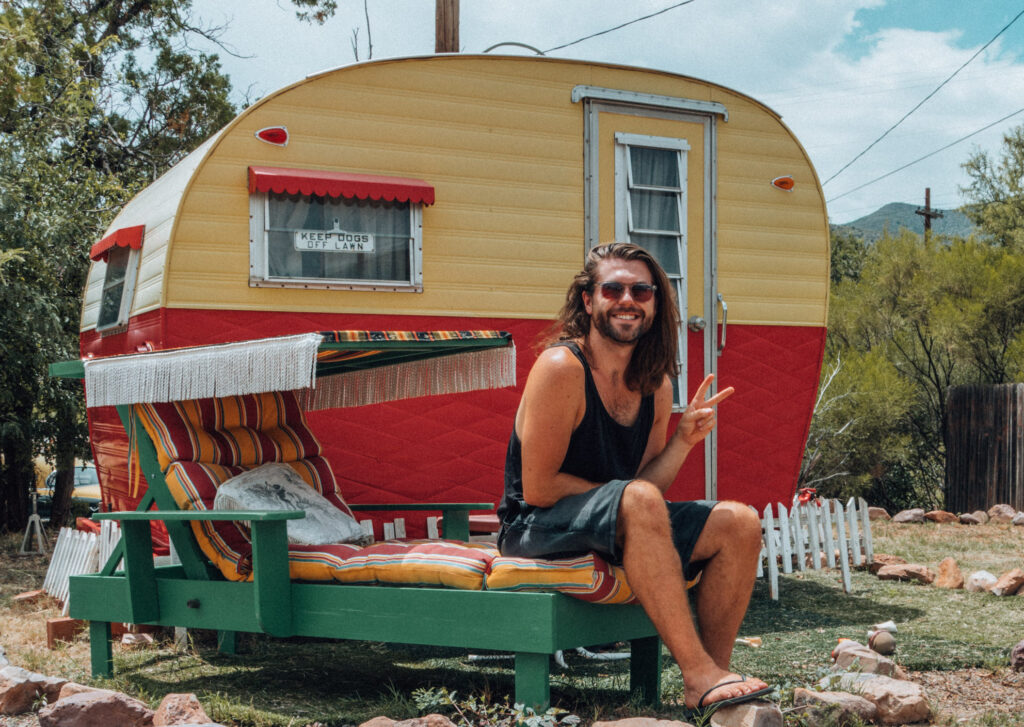
The emphasis with slow travel is less on doing all the popular tourist activists in the area, and more on appreciating and opening your mind up to a different way of living. Personally it’s my favourite way to travel!
As well as the environmental impact of conscious travel, what other benefits are there to the suppliers/hosts and the travelers?
It’s pretty well known that wealth is disproportionally held by a small few, so conscious travel can also be a way to play a small part in redistributing that wealth to local people rather than putting your money into the pockets of big companies that really won’t appreciate it as much, or need it as much.
What actions can we take as individuals in order to help make a difference?
Embrace local. Shop locally and shop organic if possible. Stay in places owned by local people.
Research places and activities before you go and take care to ensure no animals or people are being exploited solely so you can enjoy a tourist experience.
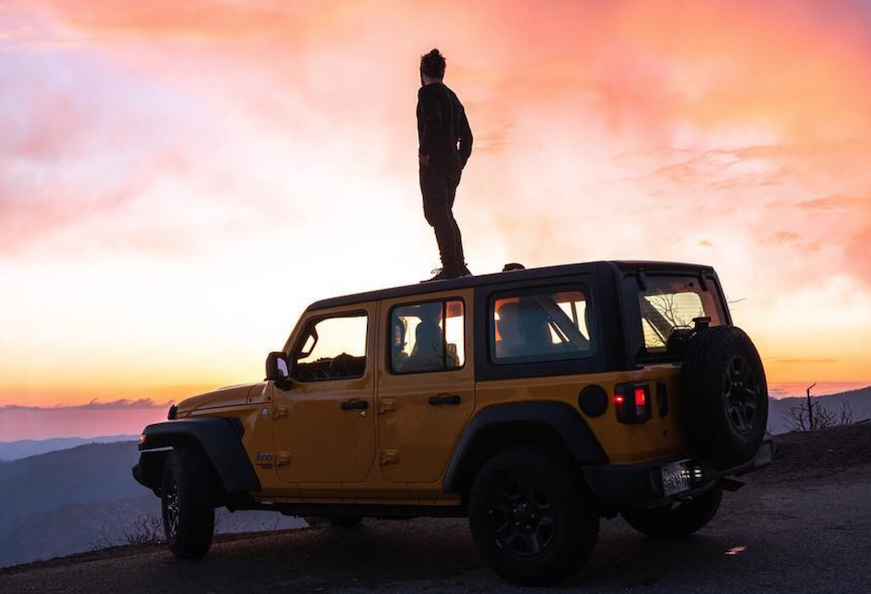
Leave each place better than how you find it and be pro-active about it. If you see a piece of litter on a hike, pick it up. Use reusable items when travelling. Limit as much as you can your plastic use.
You have also been instrumental in raising awareness of the ‘dark side behind tourism’ via your series at Unilad.
How/why important is this to you and how are you incorporating it in your current work?
Yes, it was one of the pieces of work I was most proud of during my time at UNILAD. In some instances, days after we posted about an example of animal abuse and got massive exposure around it, we had local authorities in that region formally expressing a plan to change how these activities operated to be more compassionate towards the animals involved.
Not everyone has a voice, not every thing has a voice, so it was all about being a voice for the voiceless, and using this on social media for good.
Moving on from UNILAD, I’m using my personal social channels to showcase content that develops a deeper compassion for animals, and I’ve continued to partner with the likes of World Animal Protection, PETA and Greenpeace. Along with this I’ve acted as a consultant on documentaries (that should be hitting the screens soon) in the animal welfare space.
Is there an achievement or contribution that you are most proud of in the fight to make the world a better place?
There are definitely individual pieces of content I’ve worked on that I hope have contributed to a more open-minded and compassionate world.
We’re all so different and that’s a beautiful thing, but often people fear those that are different or groups of people they don’t understand.
My brother is autistic, and whilst I don’t think people fear him, there is definitely a lack of general understanding when it comes to autism. So one of my favourite pieces of content is one where we helped surprise James, a 21 year old with autism who always wanted to go viral, with a bunch of presents and letters for his 21st birthday.
How do you rise above the pressures of the industry when it comes to staying true to your image?
You can watch the most wholesome video on YouTube and I guarantee there’ll be a bunch of dislikes. The fact is you can’t please everyone, but we often try so hard to, because who enjoys not being liked right?
However, this can lead to you moulding yourself and your image into this weird thing that doesn’t represent you at all. I think being comfortable with the ‘haters’, as they’re often called, is one step to staying true to your image.
What do you want to be known for in your life and career?
I’d like to be known for inspiring people to do their own thing. To not be scared of judgement from their network and just be exactly who they want to be.
I’d like to be known for inspiring open-mindedness and compassion for all the beautiful people and things we share this planet with.
Oh, and I also want to be known for helping to save the bees.
What has been the biggest challenge/ hurdle you have faced so far?
Re-discovering myself. Building UNILAD was an incredible and eye-opening journey but it also consumed my life. It was all I ever thought about. I put it ahead of my personal life, my hobbies, my health, it was only until my time at UNILAD ended that I had time to self-reflect and rediscover Sam and all the things he likes to do.
I realised I’d been neglecting myself and since then I’ve been working more on self-care and defining who I am, not only to those around me, but to myself.
It’s so easy to attach yourself to things like a position at a company, a certain physical appearance, and let those things define you, but these things are purely temporary. They’re like costumes we wear at different stages throughout our life but the hard part is taking off that costume and loving the person underneath it and understanding their heart.
What has been your biggest milestone / achievement so far?
Getting on the Forbes 30 Under 30 list is the obvious answer, but just watching a company grow from my bedroom, to an apartment, to an office, to a bigger office, and bringing more and more awesome people into that journey was the best thing.
I was really passionate about giving people a chance and building a company allowed me to do that and to give opportunities to people based on their passion and heart as opposed to simply what’s on their resume, and to enable them to discover their true potential.
What are your aspirations for the future? Where would you like to see yourself (and the world) 5 years from now?
Along with continuing to share content around how to live a low impact lifestyle, I’d love to be living more self-sufficiently (ideally with a couple of rescue goats!) working on something that is consistently giving back to the movement to save the bees.
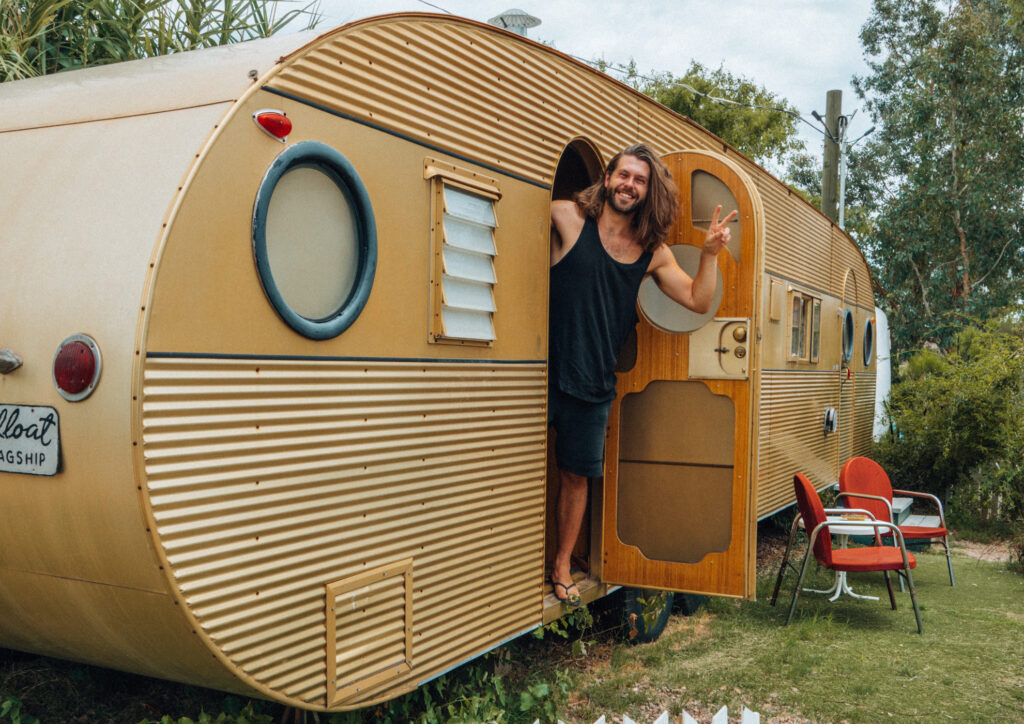
I’d like to be living in a world where we are content with having less, where we are not consuming as much or aspiring for a bigger house, better car or new clothing. Where we are more connected to the earth, those around us and ourselves.
Though social media is what I’m good at, in 5 years I’d love to be off it completely.
Is there anything else you would like to share with us today?
I just want to give a quick mention about the bees!
I didn’t realise how important those ‘lil’ black and gold critters were until I started looking more into it.
Bees pollinate a third of the food we eat and 80% of flowering plants. Strawberries, apples, almonds and so many more wonderful foods all depend on the pollination of bees. Basically 1 out of every 3 bites of food we eat is thanks to bees!
And as you may have heard, they’re dying at a crazy rate, but there are small things we can all do to help. Here are 6 things below:
#1 Plant native and bee-friendly flowers in your garden!
#2 Set up a bee home in your garden!
#3 Leave out a dish of fresh water full of corks for bees to drink from!
#4 Buy local and organic produce when out shopping!
#5 Avoid using pesticides in your own garden!
#6 If you eat honey, buy from local beekeepers!
Thank you, Sam, for sharing this with us today.
I hope you enjoyed this interview with Sam Bentley as much as I did, and you can find Sam on these social media channels, and have a look at our other travel articles here.
Instagram | YouTube | Facebook | TikTok | LinkedIn
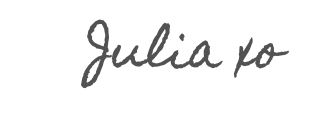
Blog : The Velvet Runway | Instagram
All images courtesy of Sam Bentley

